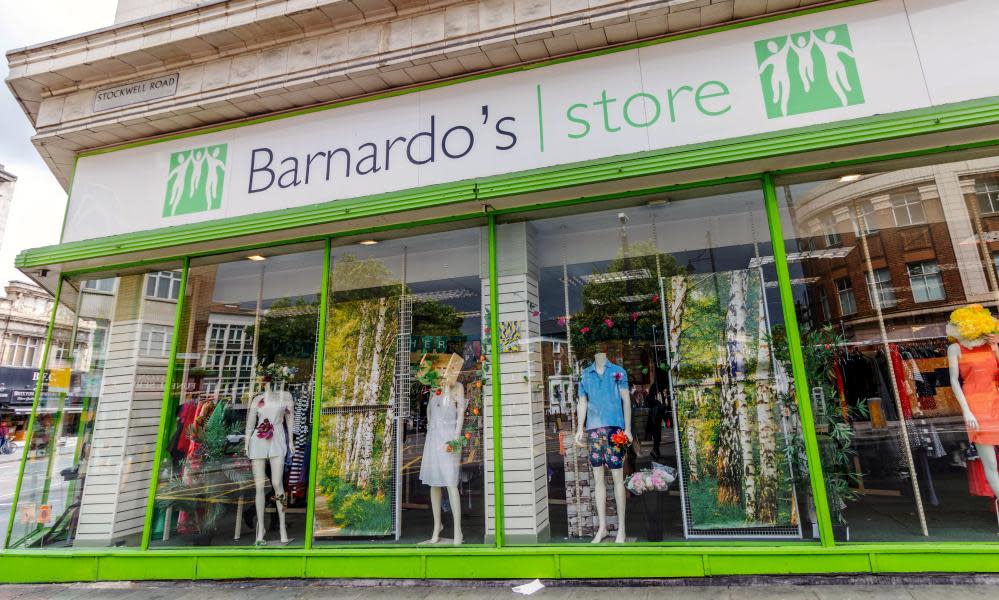Barnado’s blogpost on white privilege did not breach charity laws

Barnardo’s did not breach charity laws when it published a blogpost on its website discussing racial inequality and white privilege, inadvertently thrusting it to the centre of a culture wars row, the charities watchdog has ruled.
The Charity Commission, which regulates charities in England and Wales, in effect rejected a complaint made in December by the backbench Common Sense Group of Tory MPs and peers who had argued the blog was “ideological dogma” that put Barnardo’s in breach of its charitable purposes.
The commission told the Guardian that Barnardo’s had acted reasonably and within the law, and that the post was in line with the charity’s mission. After an investigation it concluded there was no need to take regulatory action.
The commission’s decision will be welcomed by many in the voluntary sector concerned they are being unfairly targeted by politicians as “fodder for phoney culture wars” amid increasing hostility towards charities.
It is the second time in a matter of months that the commission has exonerated a charity which was subject to complaints it had acted beyond its legal purposes by supposedly pursuing a “woke” agenda.
In March the watchdog cleared the National Trust after Tory MPs, supported by some media outlets, accused it of promoting “Marxist” views after it published a report showing how some of its country houses were built and furnished with the proceeds of slavery.
In April MPs from the Common Sense group demanded an inquiry into the race equality charity the Runnymede Trust, claiming that its criticism of the Sewell report into racial equality reflected a “political agenda”. It is understood the commission is still considering whether to open a compliance case against the trust.
The Barnardo’s post, which remains on the charity’s website, offers parents tips on how to discuss “white privilege” with their children. It explains that the charity’s white service users faced “inequality and disadvantage” on a daily basis, but those from black and minority ethnic backgrounds face additional challenges due to their skin colour.
The 12 Tory MPs claimed the term “white privilege” did “great damage to the cause of the poor and marginalised”. They described the post as “ideological dogma” and “divisive militancy”.
A statement by the commission said: “We examined concerns raised with us about a blog published by the charity on ‘white privilege’. Our role was to consider whether the trustees acted reasonably in line with their legal duties in making the decision to publish the blog.
“The trustees provided a reasoned response as to how the blog furthered the charity’s objects and were able to show that consideration had been given to how the blog would meet the charity’s purposes prior to its publication.”
Barnardo’s said it welcomed the decision: “As the UK’s largest children’s charity, we believe we have a legitimate role to play in encouraging an informed approach to difficult conversations about complex issues, including racism. We have always spoken out on the challenges affecting the children we serve, and must continue to do so – whether on poverty, mental health, abuse and exploitation – or on the realities of prejudice and discrimination.
“We have also listened closely to those who raised concerns with the Commission, and are keen to have an ongoing dialogue about how we can work together to continue improving outcomes for all vulnerable children across the UK.”
Sue Tibballs, chief executive of the campaigning charity the Sheila McKechnie Foundation, said the case reflected a trend of increased hostility from politicians toward charities. “It is not clear how far it stems from a lack of understanding of what modern charities do, and how far it is driven by a government that does not want scrutiny of its policies.”
Several members of the Common Sense group of MPs were approached for comment.

 Yahoo News
Yahoo News 
